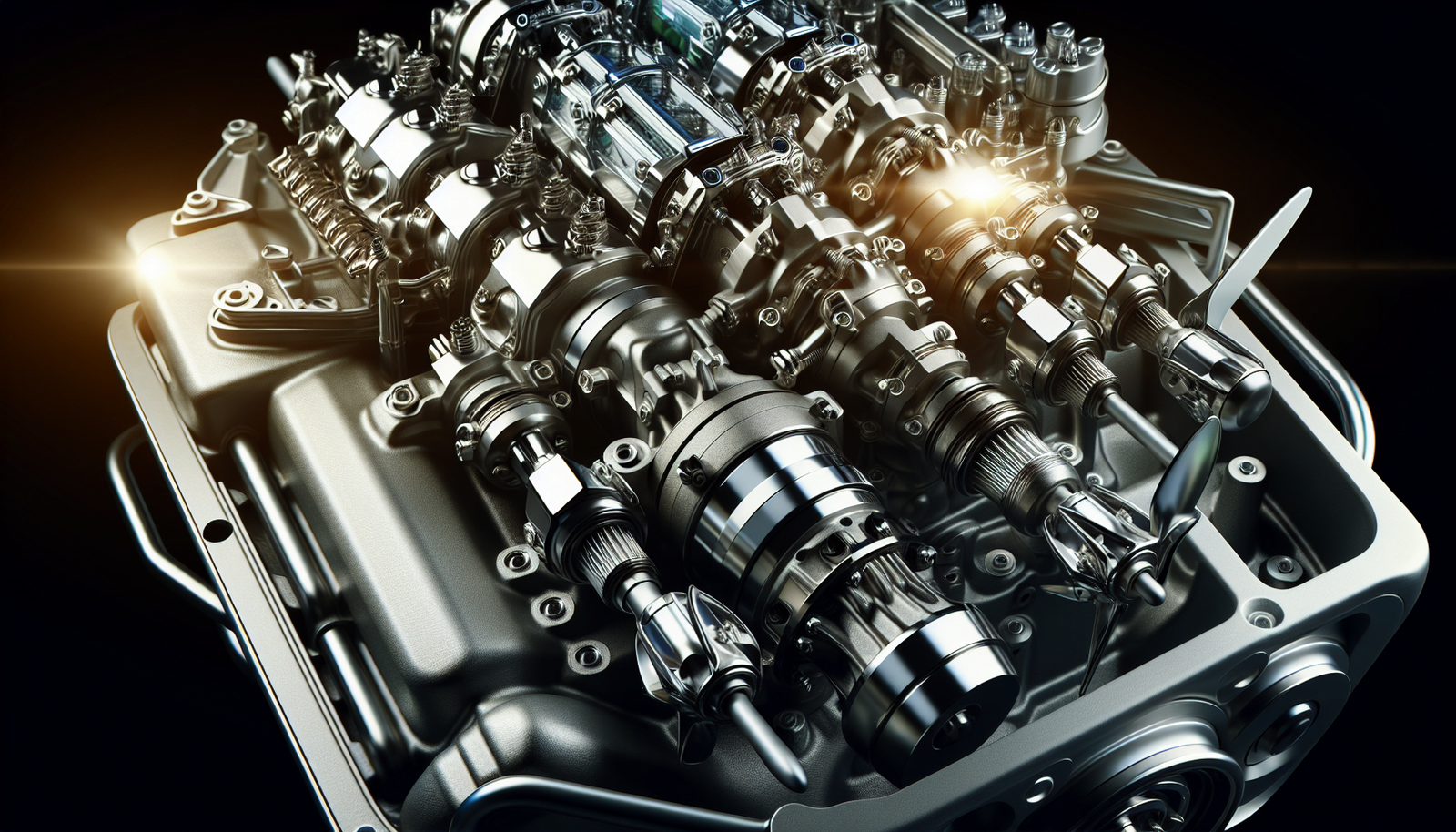Boating, for you, is more than just a hobby – it’s a lifestyle. As a savvy boater, you know that the engine is the heart and soul of your vessel and choosing the right one is crucial. The article “What Are The Key Features To Look For In An Efficient Boat Engine?” is your guide to understanding the essential elements that constitute a high-performance boat engine. This article presents a comprehensive discussion on fuel efficiency, power output, reliability, ease of maintenance, and environmental friendliness of boat engines. Don’t let your faithful vessel down by overlooking these key aspects during your next engine selection.
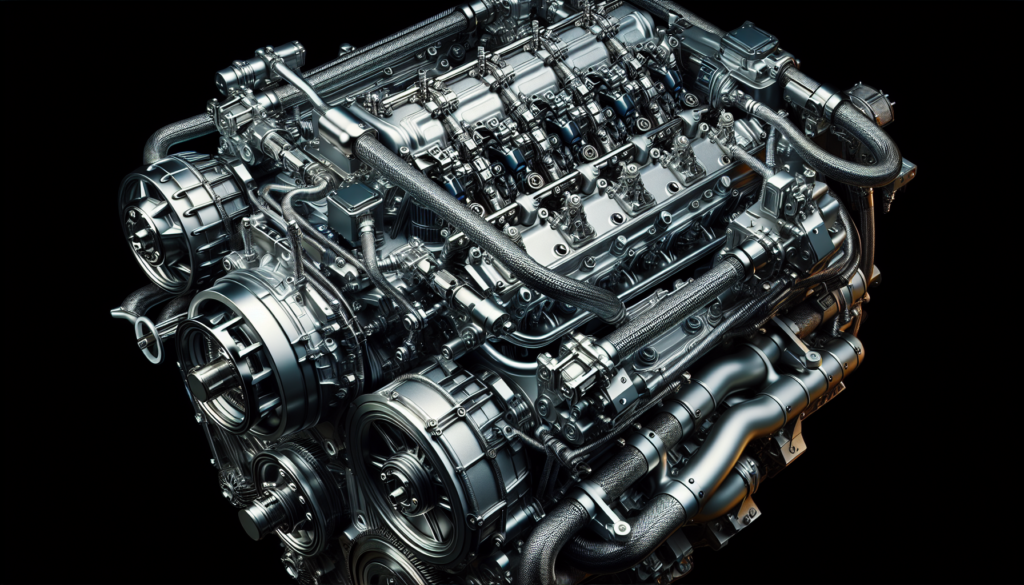
Understanding Boat Engines
Boating is an enjoyable leisure time activity for many. But to get the best out of it, you need an efficient engine that runs your boat. So, let’s start from the beginning and understand what a boat engine is and why it’s important.
The role of a boat engine
A boat engine plays a fundamental role in powering your vessel and controlling its speed and direction. Simply put, without an engine, the boat is just a floating object unable to move of its own accord. Just like a car engine, it turns the energy from fuel into mechanical power that propels the boat forward.
Types of boat engines
There are two main types of boat engines: inboard and outboard motors. As implied by their names, inboard motors are built inside the boat’s hull, whereas outboard motors are attached to the boat’s exterior. Each has its own benefits and trade-offs, and the choice between the two largely depends on the specifics of your boat and the nature of the boating activities you engage in.
The difference between outboard and inboard motors
Outboard motors are compact, versatile, and easy to maintain. They’re the most common choice for small boats and are typically powered by gasoline. On the flip side, inboard motors are larger and more powerful, making them more suitable for larger vessels. Being located within the boat, these motors can offer improved balance and stability. They run on either diesel or gas.
Fuel Efficiency
Now, let’s move on to the topic of fuel efficiency.
Why fuel efficiency matters
Fuel efficiency matters for a broad range of reasons. First and foremost, a fuel-efficient engine will save you money on gas in the long run. Additionally, being fuel efficient also makes a engine kinder to the environment and helps in reducing your individual carbon footprint.
How to determine the fuel efficiency of an engine
To determine the fuel efficiency of a boat engine, you’ll need to find out its fuel consumption rate, often measured in gallons per hour. Generally, a more efficient engine burns less fuel for the same amount of power generated.
Innovations in fuel efficiency
Over the years, several leading manufacturers have invested in R&D to come up with innovative technologies for improving boat engine’s fuel efficiency. These include direct fuel injection systems, multi-point fuel injection, eco-mode settings, among others.
Power and Performance
The correlation between engine size and boat size
Generally, the size of the boat engine should be proportional to the size of the boat. A larger, heavier boat requires a more powerful engine to maintain adequate performance. However, it’s important to follow the boat manufacturer’s guidelines as over powering can be as problematic as under powering.
Understanding horsepower and speed
Horsepower is the unit of measurement for engine power, directly affecting the boat’s maximum speed. The higher the horsepower, the faster and more efficiently your boat can move, especially with heavy loads.
The role of torque in boat engines
Torque measures the rotational force of the engine, contributing significantly to your boat’s acceleration. A higher torque value means the engine can generate more pulling power, which is useful for tasks like towing.
Reliability and Durability
The importance of these traits in a boat engine
Reliability and durability are crucial traits for a boat engine. You wouldn’t want your engine to break down when you’re out at sea. A durable engine means less maintenance and fewer replacements, saving you money and time in the long run.
Factors that affect engine reliability
Several factors can affect the reliability of your boat engine. These include the quality of its manufacturing, the conditions you use it in, and how well you maintain it.
How materials and build quality impact durability
The durability of your boat engine is largely determined by the materials it’s made of and its build quality. Premium materials and robust manufacturing techniques ensure a longer lifespan for your engine.
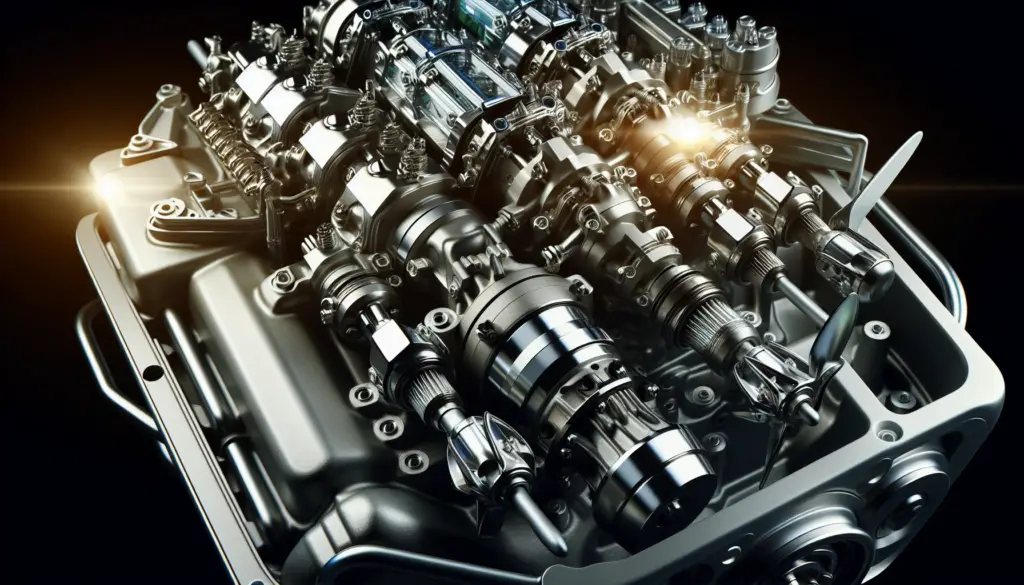
Ease of Maintenance
The link between engine design and maintenance ease
The design of your boat engine can hugely impact how easy it is to maintain. Simplified designs with easy access to key components tend to be easier to service and repair, offering lower maintenance requirements overall.
Why ease of maintenance matters
You should never underestimate the importance of easy maintenance. A boat engine that’s easy to care for keeps you safe on the water and prevents unexpected costs linked to serious repairs or replacements.
Common maintenance tasks for boat engines
Several regular maintenance tasks can help extend your boat engine’s lifetime. These include changing the oil, checking and replacing the air filters, checking and adjusting the belts, and making sure the cooling system is working properly.
Noise Levels
Why noise level is an important consideration
Reduced noise levels can greatly enhance your boating experience. An excessively loud engine can cause discomfort, stress and even hearing loss in extreme cases.
Ways to determine noise levels in boat engines
The best way to determine the noise level of a boat engine is by reading the manufacturer’s specifications or by manually testing with a decibel meter.
Technologies to reduce engine noise
Technological advancements have brought us several methods to reduce engine noise. These include soundproof casings, advanced exhaust silencers, and vibration isolation systems.
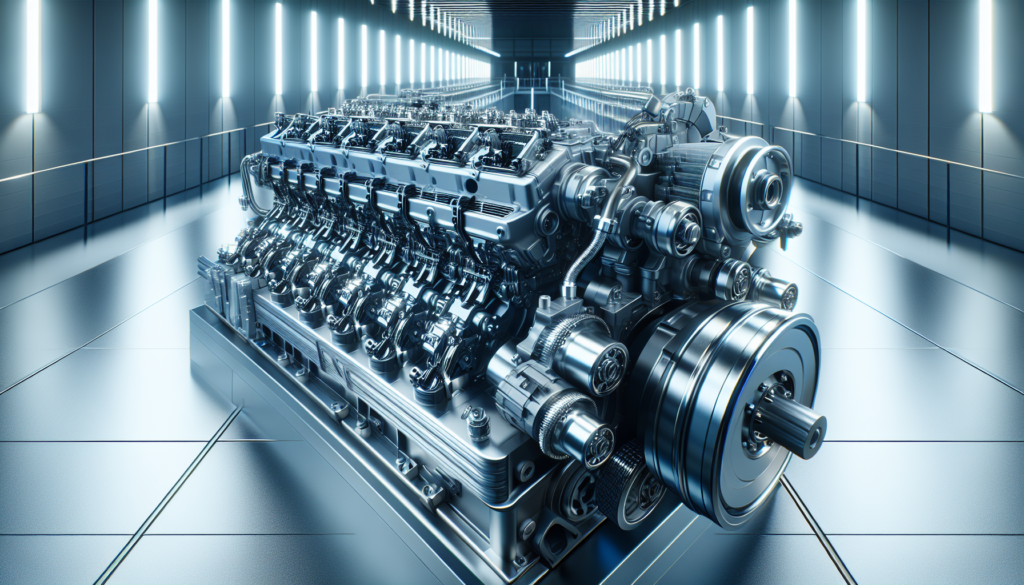
Engine Emissions
Environmental impact of boat engines
Like all fossil fuel-powered engines, boat engines emit greenhouse gases and other pollutants that contribute to air pollution and climate change.
Emission regulations for boat engines
To limit the environmental impact of boat engines, there are several emission regulations in place. Meeting these regulations is not only mandatory but also socially responsible.
Efforts to reduce engine emissions
Many manufacturers are making efforts to reduce engine emissions by improving fuel efficiency, introducing cleaner fuels and developing electric or hybrid engines.
Installation and Compatibility
How to determine if an engine is compatible with your boat
To ensure an engine is compatible with your boat, you must consider the size of the boat, its weight, its hull shape and your typical usage scenarios.
Understanding the engine installation process
The engine installation process can be somewhat complicated and typically involves setting up the engine block, propeller, rudder and bonding system. It’s a job best left to professionals.
Important considerations for engine replacement
When considering an engine replacement, factors like your budget, the kind of boating you do most, and your preferred balance of power, efficiency, and silence should guide your decision.
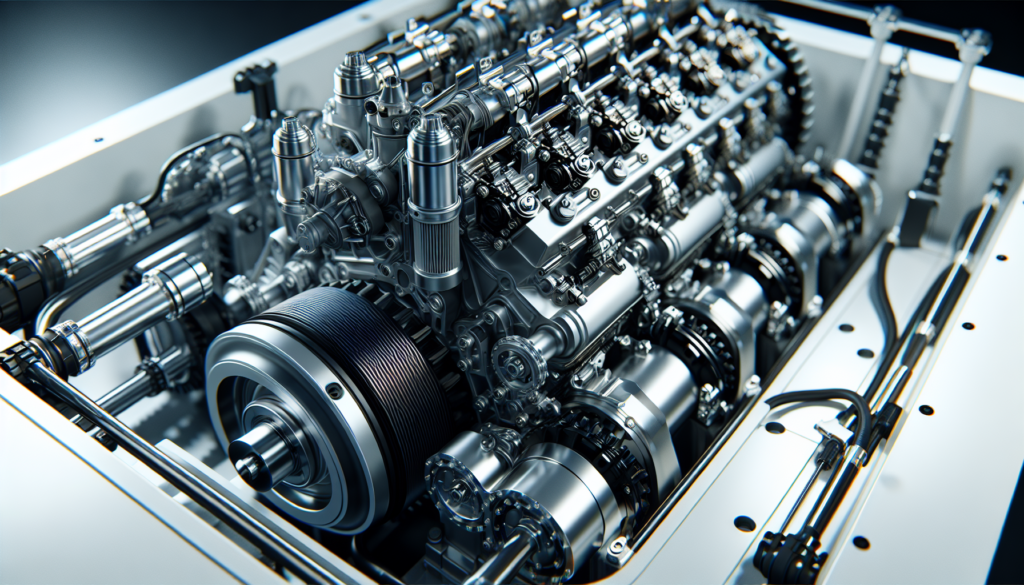
Cost and Affordability
The factors that affect engine price
The cost of a boat engine can vary drastically depending on its size, type, brand, power, and technology. Other cost factors include additional features such as cooling systems, advanced fuel injection and soundproofing technology.
Why cost-effectiveness is more than initial price
When buying a boat engine, it’s important to consider not just the initial cost, but also the running expenses such as fuel and maintenance. A seemingly cheap engine can turn out to be costly if it’s not fuel-efficient or if it requires frequent repairs.
The hidden costs of owning a boat engine
Besides the purchase price and running costs, there are other hidden costs of owning a boat engine. These include insurance, storage, depreciation, and potential upgrades that may come up over time.
Brand Reputation
The impact of manufacturer reputation on engine quality
Manufacturer reputation plays a significant role when choosing a boat engine. Well-established brands usually have rigorous quality control processes and can be relied upon for making durable and efficient engines.
Popular and trusted brands in the boat engine industry
Some of the most popular and trusted brands in the boat engine industry include Yamaha, Mercury, Honda, Suzuki, and Evinrude. Their reputation is built on years of delivering quality and performance.
Why reviews and recommendations matter
Finally, before buying an engine, it’s recommended to read reviews by other boat owners and industry experts. It provides real-life insights into durability, performance, after-sale services and other facets of the engine you’re considering.

